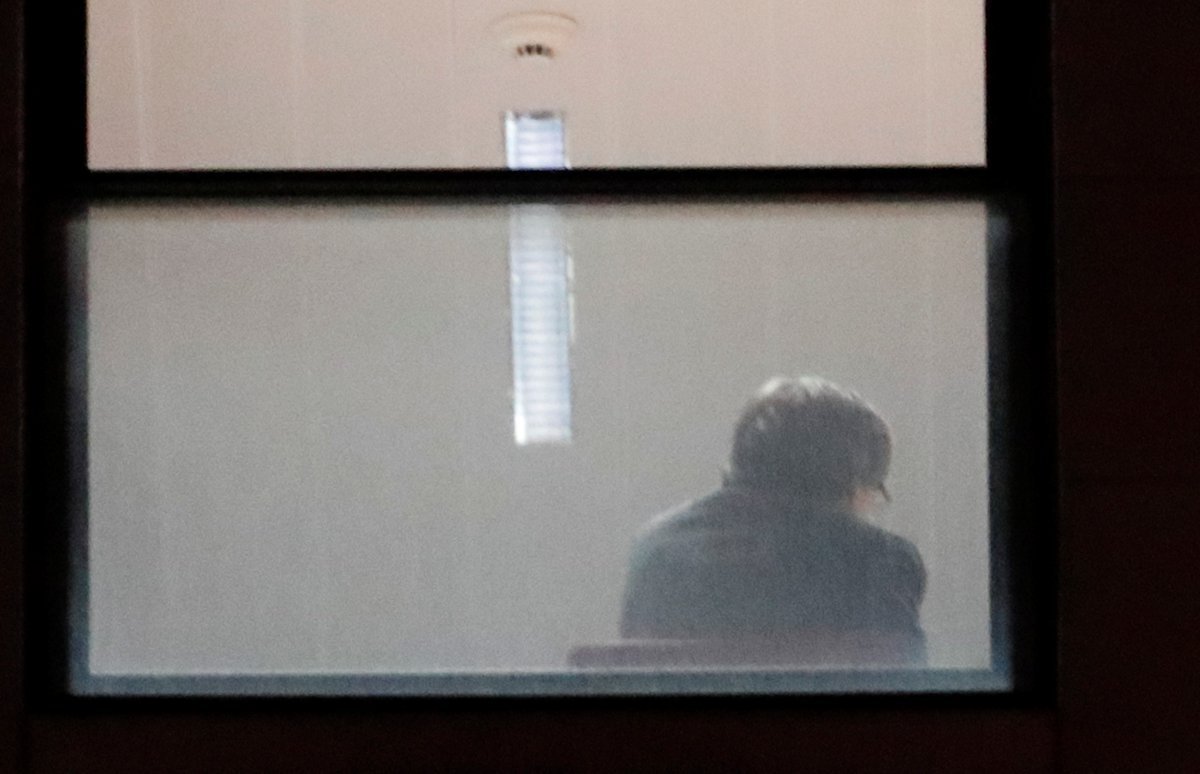Belgium received this Tuesday the European Arrest Warrant that Spanish Supreme Court judge Pablo Llarena issued against Carles Puigdemont yesterday after the sentences were announced against his former vice-president and ministers. This is the third time that Spain had tried starting the process to extradite the Catalan president.
Now, Belgian prosecutors have asked to be provided with all the documentation in the case translated into one of the country's official languages (French, Flemish or German), or at least in English, before they can analyse the case and decide whether to arrest and eventually extradite him. They give the Supreme Court a week to do so. This is the same as happened with the previous two extradition requests.
In a statement, the prosecutors say that "given the complexity of the case and the two European Arrest Warrants already issued previously against Carles Puigdemont, the case requires an exhaustive legal analysis". As such, they ask Llarena for a varied list of documents they would like to have access to. These include: "the indication of the existence of an enforceable sentence, an arrest warrant [...], the description of the circumstances in which the crime was committed, including the time and place and the degree of participation of person requested [...], the nature and legal categorisation of the crime [...] and the magnitude of the sentences outlined in law for the infraction."

